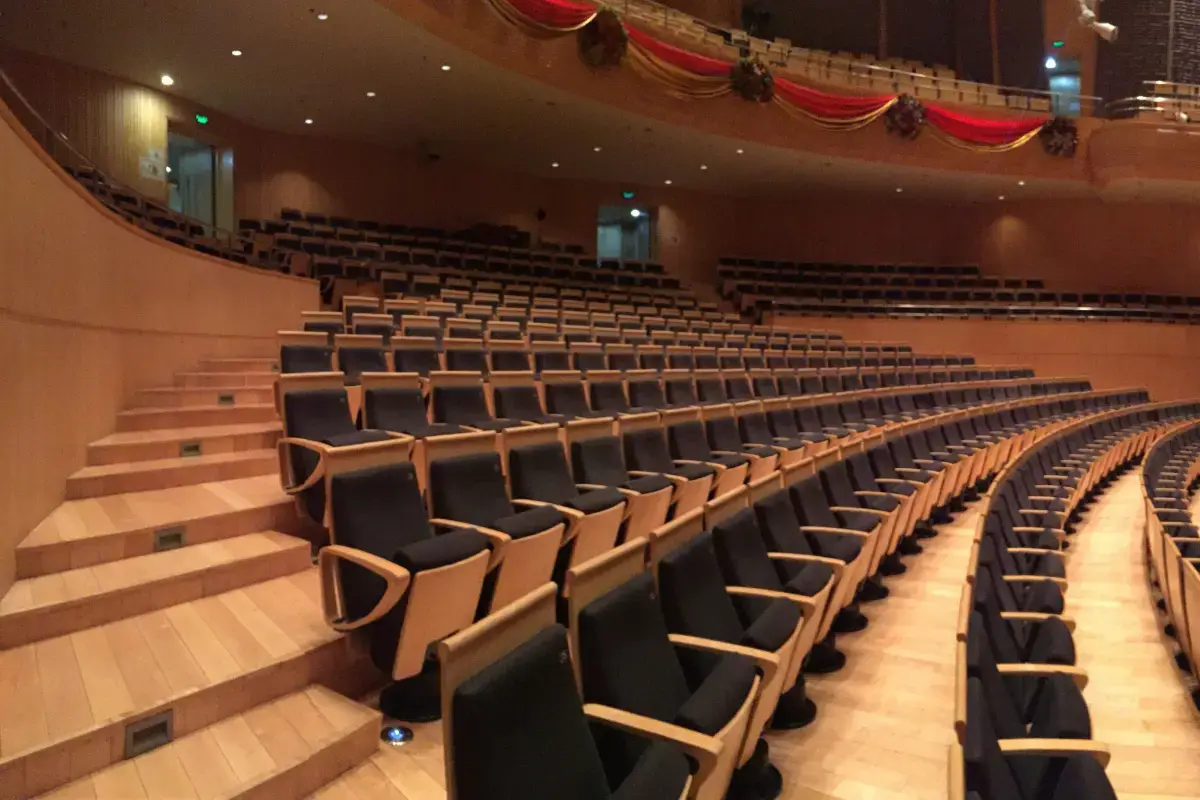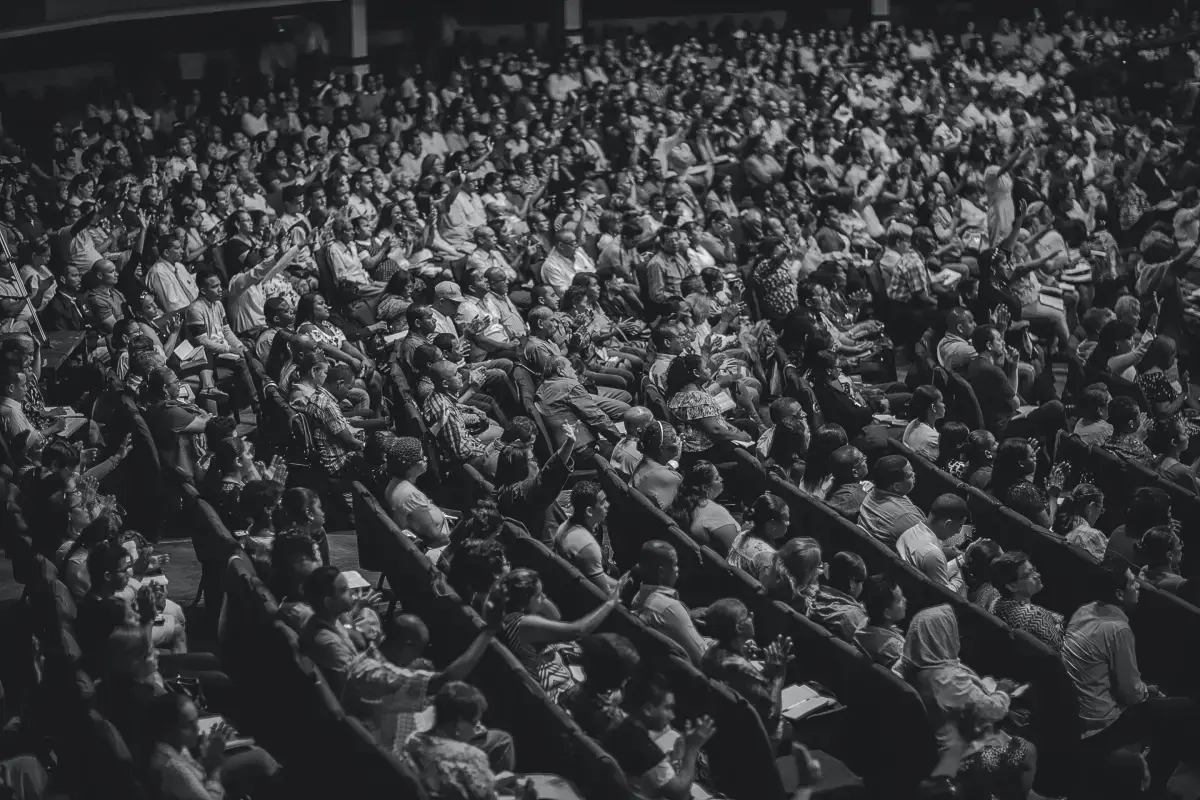
Performer Job Description
What is a Performer Professional?
A performer is someone who puts on a show or entertains an audience. It can be anyone from a musician to a stand-up comedian to an actor in a play. The key thing that all performers have in common is that they are trying to engage with their audience and make them enjoy the experience. There are many different ways to be a performer, but all require some level of talent and skill. For example, musicians need to be able to play their instruments well and sing in tune; comedians need timing and delivery; actors need to memorize lines and create believable characters. But beyond these technical requirements, performers also need charisma and stage presence. They need to be able to command attention and keep their audiences engaged.

What does a Performer Expert do?
Performers often spend years honing their craft before they ever step foot on stage. They may take classes, attend workshops, or practice for hours on end. And even then, there is no guarantee of success – every performance is different, and anything can happen when you’re in front of an audience. That’s part of the thrill of being a performer: you never know what’s going to happen, but if everything goes right, it can be an incredible feeling.

What are the Skills of a Performer?
A performer needs a variety of skills and experience in order to be successful. Being able to sing, dance, and act are obviously essential for any performer, but there is much more to it than that. A performer needs to have stage presence, charisma, and confidence in order to really capture an audience’s attention. They need to be able to connect with their audience and make them feel something. Being well-trained is also important for any performer. Taking classes and learning from experienced professionals can help a performer hone their craft and develop the skills they need. Training can help a performer learn how to control their voice, breath, and body movements; all of which are important when performing. Having previous performance experience is also beneficial for performers. Even if it is just amateur theatre or school productions, being on stage and getting comfortable with performing in front of an audience can be very helpful.

What makes an Expert Performer?
It can give performers a chance to experiment with different characters and figure out what works best for them. Performing regularly can also help performers build up their confidence so that they feel more comfortable when performing in front of larger audiences. Ultimately, the most important thing for any performer is to enjoy what they are doing. If they are passionate about singing, dancing, or acting, then that will come across on stage and resonate with audiences.Performers who are truly dedicated to their craft will continue to grow and improve over time as they gain more experience . I believe that anyone has the potential to be a great performer if they have the right attitude , dedication ,and natural ability

What level of Experience & Qualifications are required to be a Performer?
Industry Experience: • Minimum of 5 years of experience in the relevant industry. • Demonstrated success in developing and executing strategies to achieve business objectives. • Knowledge of current trends, best practices, and regulations within the industry. Training: • Formal training or certification in relevant areas such as customer service, sales, marketing, etc. Qualifications: • Strong analytical skills with the ability to interpret data and draw meaningful conclusions from it. • Excellent communication skills both verbal and written. Education: • Bachelor’s degree in a related field such as business administration or management preferred but not required depending on experience level.

What is the Salary of a Performer?
The salary expectations of a performer can vary greatly depending on their experience level and the type of performance they are doing. For junior performers, salaries typically range from minimum wage to around $20 per hour. This is usually for entry-level positions such as background actors or dancers in small productions. Mid-level performers may earn anywhere from $25 to $50 per hour, depending on the complexity of the role and the size of the production. These roles may include lead characters in smaller productions or supporting roles in larger ones. Senior performers can expect to make anywhere from $50 to over $100 per hour, depending on their experience and reputation within the industry. These roles often involve playing lead characters in major productions or performing complex stunts that require specialized training and expertise.

What are the Working Conditions for a Performer?
The general working conditions for a performer vary depending on the type of performance and the venue. Generally, performers are expected to be punctual, professional, and prepared for their performances. They should also be able to work with other performers in a collaborative environment. Performers may have to travel to different venues or locations for their performances, so they should be comfortable with this aspect of the job. Additionally, they may need to adjust their performance style or material based on the audience’s reaction or feedback. Performers must also adhere to any safety regulations set by the venue or production company. This could include wearing protective gear such as helmets or goggles when performing stunts or using special effects equipment. Finally, performers should expect long hours and irregular schedules due to rehearsals and shows that can take place at night or on weekends.

What are the roles and responsibilities of a Performer?
To learn and remember lines
To deliver lines convincingly and with emotion
To react appropriately to other actors performances
To physically inhabit the character being portrayed
To create an believable and compelling character
To work well with others in an ensemble
To understand blocking (where you should be on stage at what time)
TO follow direction from the director
Make strong choices
. Know your objective
. Listen
. Use Given circumstances
. Do something
. Relax
. Imagination
. Mistakes
show up
stay focus
have fun 20 take risks

Where can I find Performer jobs?
- Create a profile on gigexchange and promote your Performer skills to advertise you are Open to New Work Opportunities
- Ensure your Resume (or CV), or online work profile is up to date and represents your skills and experience. Ensure your reputation reflects your ability & attitude.
- Apply for Performer Jobs advertised on gigexchange.
- Practise Performer interview techniques to ensure you represent your personality and ability succinctly and confidently.
- Accept the job offer if the salary meets your expectations and the employer mission and purpose reflects your core values.
Jobs
What are the best job boards for Performer jobs?

How can I hire Performer staff online for my business?
The best job board for recruiting Performer experts is gigexchange.com. Advertise full-time, part-time or contract jobs to find, hire & recruit trusted, experienced and talented Performer candidates near you.

Are Performer roles in demand in 2026?
Performer experts are still in high demand in 2026. If you are an experienced Performer or looking to train and become one. The job market is looking strong for Performer jobs near me.